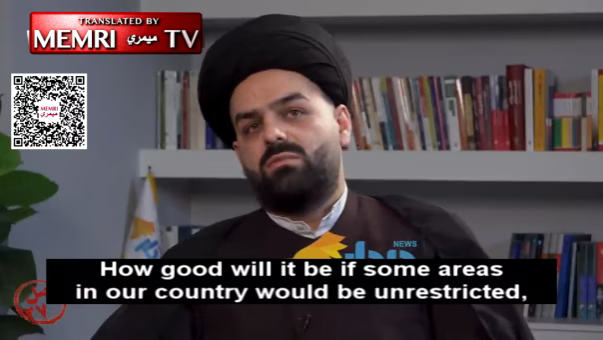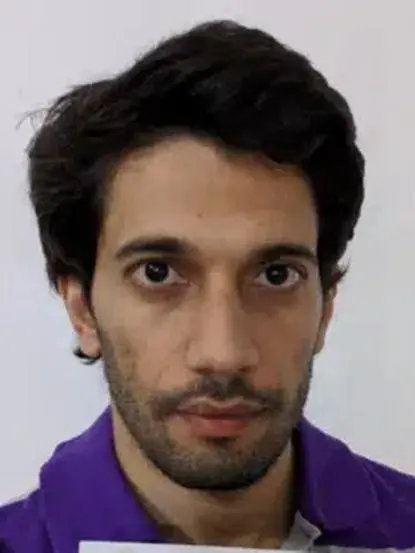What is terrorism?

There is still no universal definition of barbarism. It is politics that defines what is or is not a terrorist act. The recent negotiation of the amnesty law for those convicted by the “procs” reactivates the debate
The case of Canadian Nathaniel Veltman is exemplary, of book. At the age of 20, on June 6, 2020, he claimed the lives of four members of the Afzaal family, Muslims of Pakistani origin, rammed them with their van in the Canadian province of Ontario. After committing the multiple murder, he went to a mall, called the police, confessed and surrendered. Veltman was part of a disstructured family, of divorced parents, but a fundamentalist Christian. In the interrogation, the boy stated that he killed the Afzaal after months of planning to attack Muslims simply because they were; that he wanted to send a message to other young white people to do the same: to kill with their cars citizens who professed Islam, including children, with their cars, with the aim of making the impact, terror, greater. I wanted to generate a sense of insecurity in that community to leave the country. On 22 February, Judge Renee Pomerance sentenced him to life imprisonment. The judge did not want to pronounce her name, but she left one thing clear: she is a terrorist, and what she did, a case of a book of terrorism.









